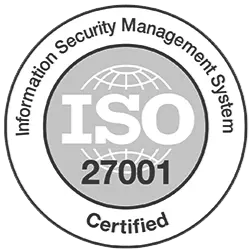PCI DSS Compliance Audit & Consulting
Services
PCI DSS Compliance Services from Wattlecorp help you protect cardholder data, ensure secure payment services for customers, and mitigate fraud
What is PCI DSS Compliance ?
The PCI DSS or Payment Card Industry Data Security Standard is a suite of security standards defined by a group of Card Service providers like American Express, MasterCard, Visa, JCB International, and Discover Financial Services and is governed by the PCI SSC or the Payment Card Industry Security Standards Council.
The standard was announced in 2006 with the goal of protecting card transactions from fraud and data theft. Records pertaining to billions of consumers have been compromised through thousands of data breaches since 2005.
That’s when the card service providers created a data security standard to boost safety of customer data and make the payment ecosystem trustworthy. Prior to this, disparate security standards existed, albeit with similar aims and requirements. They later joined to set up the PCI DSS standard.
The PCI DSS is not legally binding; however, it’s required for businesses who handle debit or credit card transactions. A PCI DSS certification lends credibility and trust to the business, showcasing to customers that the organization is committed safeguarding sensitive information. This helps businesses in forging deep and lasting relationships with customers. The PCI DSS certification ensures that the card information of your customers is secured through the implementation of a set of requirements as defined by the PCI SSC, which include installing firewalls and anti-virus software, encrypting data transmissions, and more.
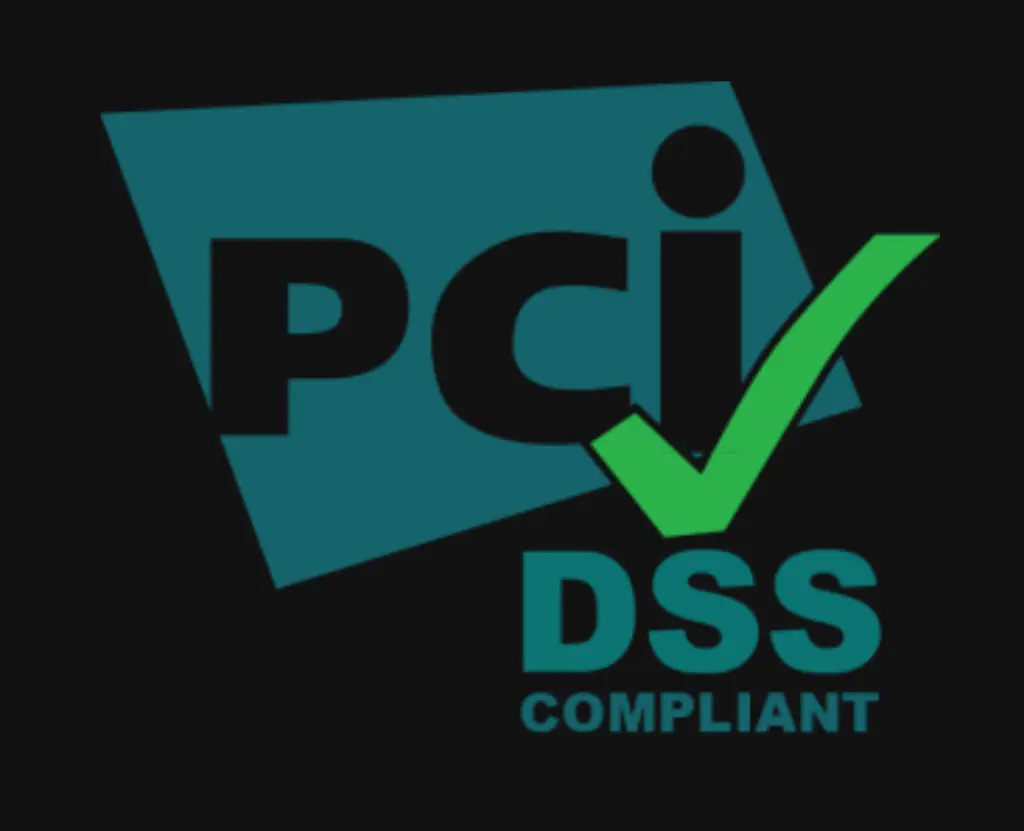
What are the 12 Requirements of PCI DSS Compliance ?
The PCI SSC announced technical as well as operational requirements that focus on safeguarding consumers and preventing fraud.
The six principles of the standard include creating and maintaining a secure network and systems, maintaining an information security system, protecting cardholder data, establishing a system for managing vulnerability, robust measures to control access to network resources and cardholder data, and to monitor and test networks regularly.
Basically, businesses are required to implement cybersecurity best practices so that sensitive information like card numbers, security codes, and expiration dates is protected.
- Installing and maintaining firewalls for data protection
- Using unique system passwords
- Safeguarding stored cardholder data
- Transmitting cardholder data in encrypted form over public networks
- Implementing and updating anti-virus programs
- Developing and maintaining security of systems and applications
- Limiting access to cardholder data to authorized entities
- Assigning unique user IDs to every individual who access the data
- Physical restrictions on accessing cardholder data through biometric or other locks
- Regular testing of security systems and processes for vulnerabilities
- Implementing policies of information security
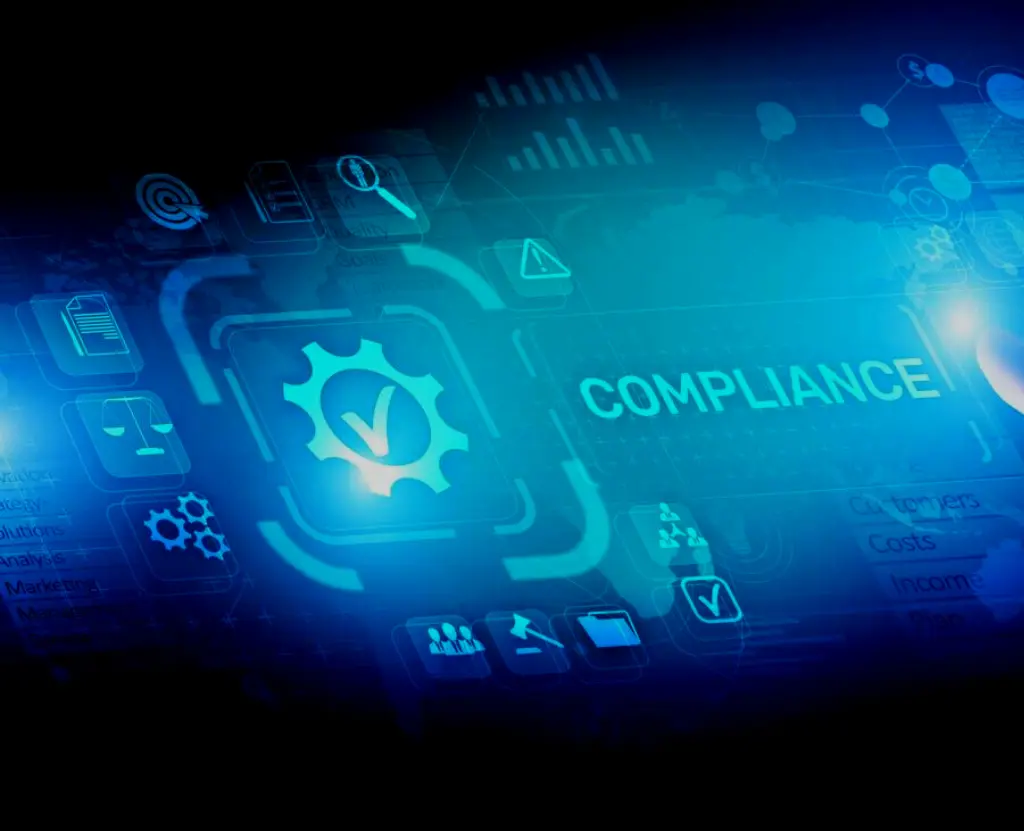
Who Needs PCI DSS Compliance Consulting ?
The PCI DSS standard is applicable to every organization that collects, handles, and sends cardholder and other sensitive authentication data. Merchants, service providers, issuers, processors, acquirers, and so on are examples of such organizations. Merchants provide goods and services to consumers accept debit and credit card payments and hence must comply with PCI DSS, even if they have outsourced their payment and card processing to a third party.
Service providers directly collect, process, store, or transmit cardholder data behalf of merchants. Some organizations may be merchants and service providers. There are four levels of compliance.
Level 1 applies to organizations who process over six million card transactions a year and an authorized PCI auditor must conduct an internal audit annually. They also need to undergo a PCI scan by an approved scanning vendor every quarter.
Level 2 is applicable to organizations handling one to six million card transactions a year, and they must use a self-assessment questionnaire to conduct an annual assessment.
Level 3 is applicable to organizations handling20,000 – one million card e-commerce transactions a year, and they must use the SAQ to conduct an annual assessment.
Level 4 is applicable to organizations handling less than 20,000 e-commerce transactions or up to a million real-world transactions a year, and need to do complete an SAQ assessment.
Our PCI DSS Solutions
End-to-End PCI DSS services that help you ensure compliance and protect your data.
PCI DSS GAP Assessment
The PCI DSS team conducts a Gap Assessment to check the efficacy of your existing information security measures by comparing with PCI SSC requirements.
Cyber Risk Assessment
The PCI DSS experts detect the potential cardholder security risks by referring to the PCI DSS standard and its requirements.
Risk Treatment Plan
We recommend steps to be taken to close the gaps and be in compliance with PCI DSS requirements
Implementing Policies & Procedures
The PCI DSS experts at Wattlecorp will draw up the necessary information security policies to help you protect cardholder data, secure payments, and prevent fraudulent transactions.
Technology Implementation
We handhold, helping the organization in setting up authentication, firewalls, robust anti-virus software, and other measures to protect cardholder data.
Security Testing
Regular vulnerability assessments and penetration testing to assess your system preparedness and assist you to maintain compliance with PCI DSS.
Implementation Reviews
To check if there are any deviations from data security policies and procedures as set forth in ARAMCO CCC, we conduct regular internal audits and correct anomalies if any.
PCI DSS Internal Audits
Conducting internal audits help to determine whether there are any deviations from the security requirements as specified by the PCI SSC, and to fix those deviations.
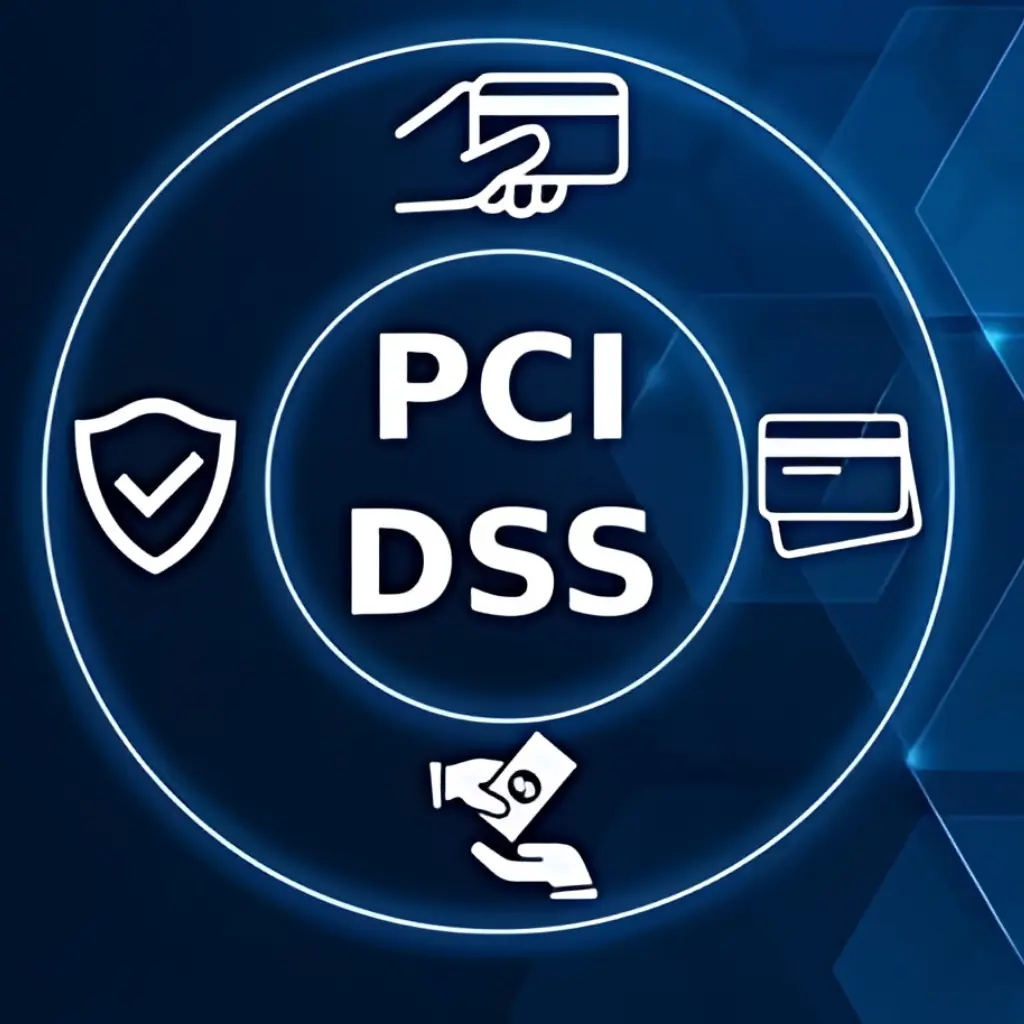
Benefits of Our PCI DSS Compliance Audit Services
- Lower Risk of Data Breach: Data protection measures and security controls specified in the PCI DSS significantly reduce the risk of data breach and eliminate costs like fines, penalties, and damage to reputation
- Fraud Prevention: Complying with PCI DSS helps detect and prevent fraudulent transactions, minimizing the risk of financial loss associated with fraud.
- Greater Customer Trust: By protecting cardholder data, businesses can build and maintain trust with customers, leading to customer loyalty and repeat business
Challenges Faced In Getting PCI DSS Compliance
There are a few challenges associated with PCI DSS compliance.
The requirements are exhaustive and can be difficult for businesses to comprehend and execute, and especially so for smaller organizations that have limited resources.
It can also be expensive, as organizations need to purchase and implement software solutions like firewalls and train personnel. It also requires continued effort to maintain compliance, with frequent monitoring, testing, and updating the measures.
Both the card payment industry and the cybersecurity environment are continuously changing, as they have to adapt to new threats and shifting compliance requirements. All of these can be highly demanding, time-consuming, and overwhelming for businesses.

Why Choose Wattlecorp For PCI DSS Compliance Assessment ?
- Experienced Professionals Experts: our team of consultants are among the most experienced PCI DSS experts in the UAE.
- No Outsourcing: we do all the critical work ourselves without outsourcing anything to third parties; we respect the trust you have placed in us
- Industry Expertise: At Wattlecorp we have the requisite industry expertise, and can share valuable insights and guide you to deploy the appropriate controls and steps to achieve compliance with PCI DSS standards.
- Complete support: From start to finish and even after certification, our team will be with you every step of the way to help you maintain your compliance.
- Concrete solutions: we assure you of tried and tested solutions that help you achieve compliance with PCI DSS requirements
- Quick Turnaround: Our expertise and standardized processes ensure that we help you achieve PCI DSS compliance in the least possible time
- Continued Evaluation: even after implementation, we monitor the situation and ascertain that you maintain compliance with the PCI DSS requirements
Listen to People
We help companies to protect their online assets.
Checkout our Services
F.A.Q
We have something for everyone, including pricing and answers.
Tip • Book a consultation to get personalised recommendations.
PCI DSS has to be adhered to by all merchants and service providers who collect, handle, and send cardholder data and other sensitive information. This includes the name of the cardholder, primary account number, date of expiry, and service code.
Sensitive authentication data includes the PINs, CVC, CVV, CAV number, the magnetic stripe data or chip data which is the full track data, PIN blocks, etc.
As per the PCI DSS, both merchants and service providers can store data as long as they use the information as specified, and take the necessary steps to protect cardholder data. In certain cases, sensitive authentication data may be stored only until such time as the payment is authorized.
The PCI DSS security requirements are applicable to every system component that is part of or related to the CDE or cardholder data environment of an organization. It includes technologies, systems, and individuals that collect, record, process or send cardholder and critical authentication data. It applies to the entire organization or part of it, in case there is proper compartmentalization of the CDE. Network devices, computing devices, servers, applications etc. are the system components that are in the scope of the PCI DSS.
The PCI compliance is not legally mandated or enforceable; however, it is an internationally recognized standard recommended by the card service providers who founded the PCI Security Standards Council, and they enforce it in organizations who want to use their services.
The PCI DSS is monitored by the card payment service providers who established the PCI SSC, namely Visa, American Express, MasterCard, Discover Financial Services, and JCB.
When you don’t take the necessary steps to protect cardholder data, it can have disastrous consequences. Data breaches may happen, and sensitive data of customers can get compromised, resulting in damage to your credibility and reputation. It can have a harmful effect on financial institutions, merchants, and your customers. You stand to lose sales, spoil relationships, and may be subjected to insurance claims, lawsuits, legal penalties, government fines, fines from card issuers, and so on. It is much easier and less expensive to adhere to the PCI DSS requirements than go through this situation.
Simplify Your PCI DSS Compliance Journey Now !
All you need to do is fill the form below.
Recommended Services
Officially recommended by Hackers.
DORA Compliance
We help you achieve DORA compliance by fortifying IT systems against digital risks, and ensuring regulatory adherence and infrastructure protection.
HIPAA Compliance
Our services ensure HIPAA HITRUST compliance, safeguarding healthcare information with rigorous security measures and meeting all data protection standards.
GDPR Compliance
We ensure GDPR compliance by aligning your data protection practices with EU regulations, safeguarding personal data and mitigating risks.
ISO 27001
We help you achieve ISO 27001 compliance by implementing best practices and security measures to protect your information assets.
Recent Articles
stay up to date with recent news.
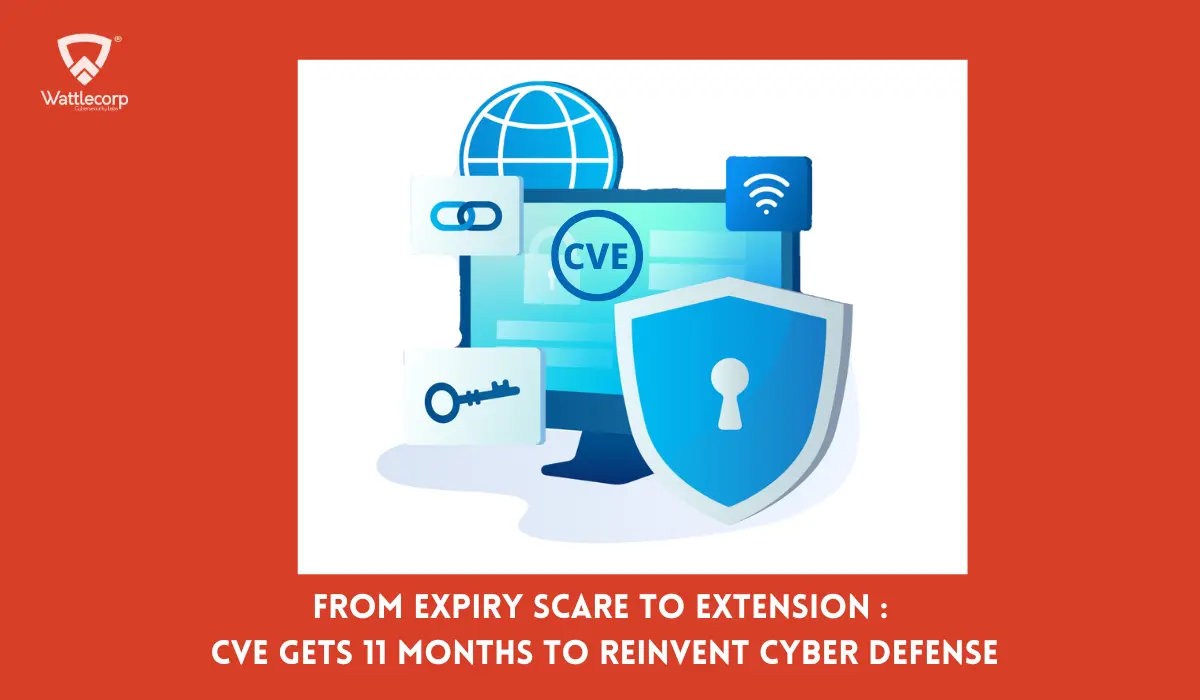
From Expiry Scare to Extension: CVE Gets 11 Months to Reinvent Cyber Defense
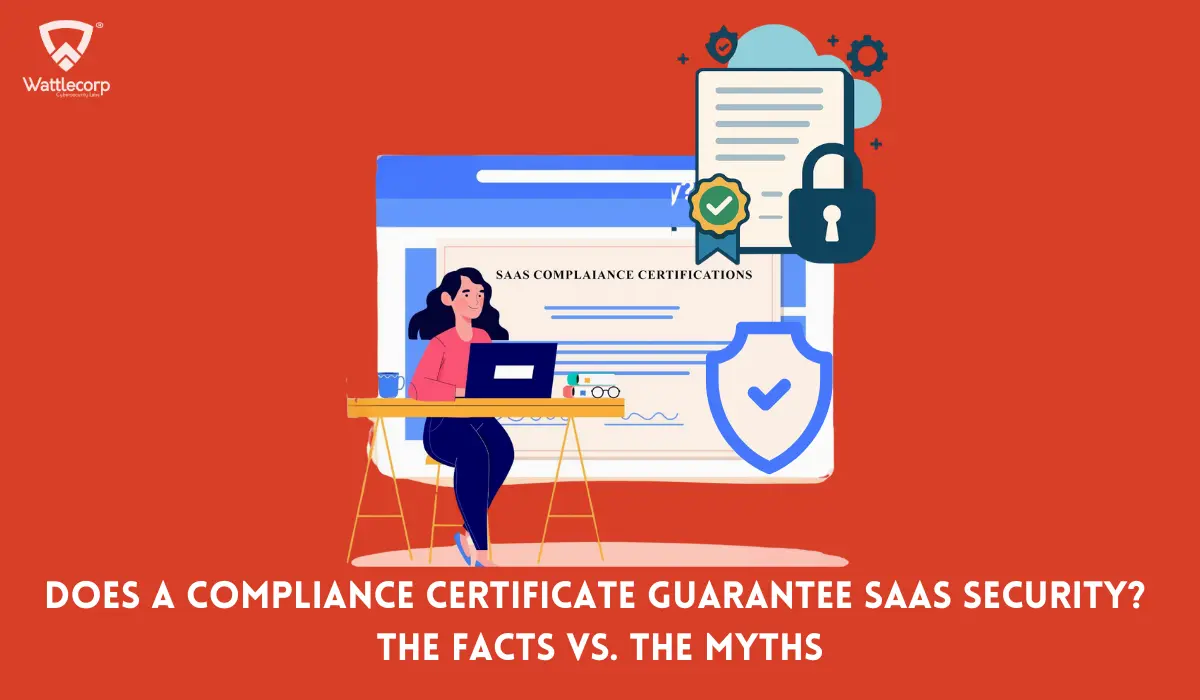
Does a Compliance Certificate Guarantee SaaS Security? The Facts vs. the Myths

